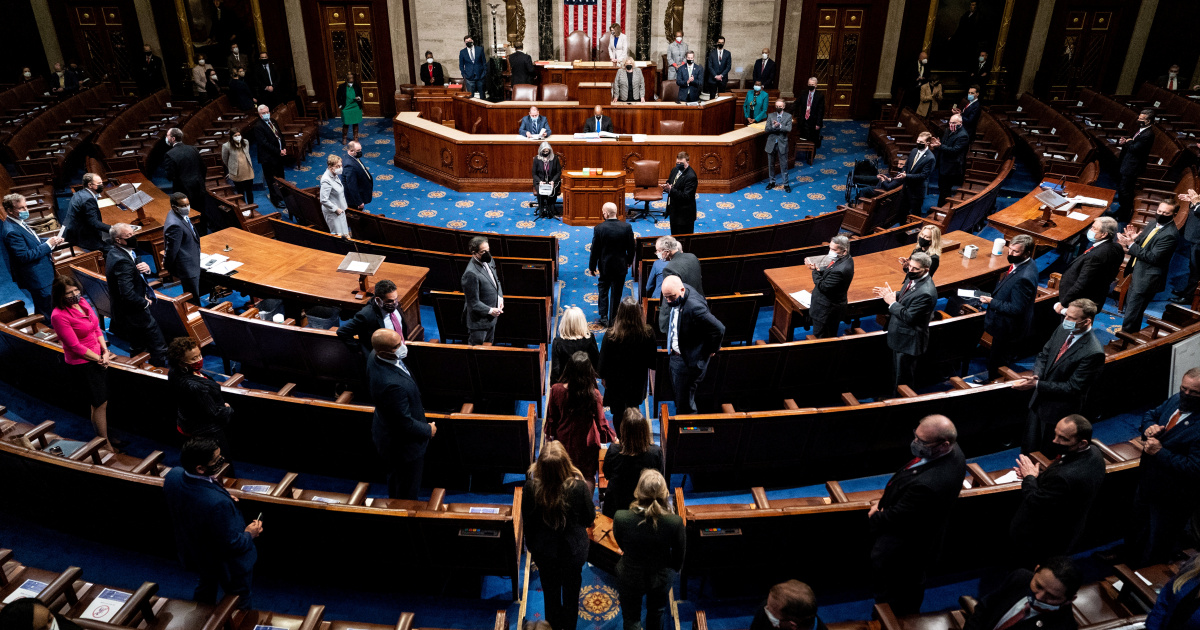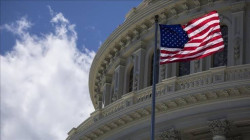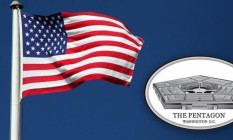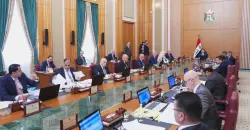S&P: US rice industry raises concerns as Iraq privately buys from Uruguay

Shafaq News/ The US rice industry has mobilized political pressure in response to the Iraqi government divesting rice sourcing responsibilities to a private company, according to documents seen by S&P Global Platts.
Historically, the Iraqi Ministry of Trade has directly sourced rice for its distribution scheme through tendering both globally and through a US-specific Memorandum of Understanding. However, in a major departure from this system, the Iraqi government has contracted a private company to purchase rice on the government's behalf through direct negotiations.
The company, named by two sources as Al-Awees/Al-Owais, will now include rice in the food baskets it supplies to Iraqis through the government, in addition to agricultural commodities including vegetable oil and sugar. At present, Iraqis are provided with a coupon to claim government-procured rice.
The company has already purchased 60,000 mt of Uruguayan rice in recent days, according to multiple sources. Argentinian exporters are in discussions with the company, while US suppliers have also been approached. One source close to rice trade from the Americas to Iraq said that similar trader intermediaries are being used in the direct negotiations as in the tenders.
The first Uruguayan cargo of 30,000 mt of 5% broken white rice was sold at around $560/mt FOB, with loading expected to begin in the coming days. The second 30,000-mt cargo is expected to be loaded in second-half July, according to an Americas trader, and was sold at a similar price as the first cargo. Breakbulk freight from Montevideo to Umm Qasr was reported by one source to be at $110-$115/mt.
In response to these developments, the US rice industry has lobbied lawmakers in Washington to meet Iraqi officials to discuss the issue, fearing that the new system will bypass the MoU.
In a letter signed by 12 members of Congress earlier this month to the US ambassador to Iraq, Matthew Tueller, they said that "the future of our rice exports to Iraq is under threat" as the subcontracting of rice procurement to another entity will "effectively nullify [the US-Iraqi MoU] ... that has been in place for five years and led to sales of more than 350,0000 mt ($180 million) of US rice."
In a similar letter signed by seven US senators -- including Senate Committee on Agriculture, Nutrition and Forestry Ranking Member, John Boozman -- the senators appealed to Tueller to meet the Iraqi Prime Minister "to address this development." The letter adds that "in the absence of a transparent tender system ... we will almost certainly lose this top export market."
USA Rice, a lobby group for the industry, told Platts via email that "the process of transferring purchasing authority from the Grain Board of Iraq to the Foodstuffs division was done quietly, with no consultations with the US rice industry or the US government. We are heavily prioritizing renewal of the Memorandum of Understanding between the US and the Iraqi government that is set to expire in December of this year."
While US sources have voiced concerns that the Iraqi sourcing company may seek price over quality and buy from Asia, no negotiations with Asian suppliers have been reported so far. A far greater concern for the US industry would be if the recent instances of sourcing high quality South American white rice at a price below what US suppliers can offer turns into a trend.
The reported sale price of the first cargo of Uruguayan rice at $560/mt FOB is well below Platts assessment of Iraqi-specification US #2, 4% broken white rice, which was assessed at $630/mt FOB Lake Charles on June 18. With the harvesting of a far below average US crop expected to begin in Louisiana and Texas in the coming weeks, there are no immediate signs of major price decreases on the horizon.
One US-based trader, who has won Iraqi rice tenders in the past, said the new system was "a weird, obscure new set up." When asked whether this could mean the end of Iraqi rice tenders for the US traders, he said "maybe."
As of now, the new system does not show any signs of retreating as negotiations with various origins continue. An Iraqi source confirmed that there was a new procurement system. The source added that while the private company's "contract will last for a period of time ... we expect this project to fail soon or when the new government comes after the next election." A source close to the rice trade to Iraq said that the government contract is in force for 18 years. However, it is far from clear whether this period will be fulfilled following the recent political upheaval.
The Iraqi Ministry of Trade did not respond to a request for comment.
Source: S&P





